In Texas, family trusts are not just legal documents; they represent a commitment to the well-being and financial security of your loved ones. These instruments come in various forms, tailored to diverse family situations and objectives. Texans can opt for living trusts, testamentary trusts, or revocable trusts, each catering to different estate planning needs. Understanding family trusts in Texas is your first step in this process.
Living trusts in Texas allow for asset management during the grantor’s lifetime, enabling a smoother transition upon their passing. Testamentary trusts, on the other hand, are established as part of a will and take effect after death. Revocable trusts offer flexibility, allowing the grantor to make changes as circumstances evolve. The choice of trust impacts not just asset distribution but also the privacy and financial future of your heirs.
Imagine
You’re planning a family reunion in sunny Texas. The barbecue is sizzling, laughter fills the air, and then, amidst the joy, you ponder, “What will I leave behind for these beloved faces?” Cue the entrance of family trust lawyers near me, Texas – the unsung heroes in safeguarding your family’s future.
In this lively guide, we’re diving into the world of understanding family trusts in Texas. Why, you ask? Because your peace of mind is worth it! We’ll explore the ins and outs of setting up a trust, choosing the right lawyer, and the intricate dance of tax implications. Plus, we’ve got real-life examples to keep things as interesting as Aunt Edna’s three-layer dip.
Short answer?
This blog is your go-to for understanding family trusts in Texas and how to secure your loved ones’ future in the Lone Star State. Keep reading for practical advice, relatable stories, and a sprinkle of Texan charm!

Choosing a Family Trust Lawyer in Texas
The cornerstone of establishing an effective family trust is choosing the right lawyer. This decision should not be taken lightly. A competent family trust lawyer in Texas will guide you through complex legal landscapes and ensure your trust aligns with your intentions. Start with thorough research, focusing on attorneys with specific experience in Texas trust law.
When meeting potential lawyers, assess their expertise and commitment. They should not only be well-versed in the law but also attentive to your family’s unique needs. Ask about their experience, approach to trust planning, and communication style. These factors are pivotal in building a trust that accurately reflects your wishes and provides for your loved ones.
| Criteria for Choosing a Lawyer | Description and Advice |
| Research | Start with local attorneys specializing in Texas trust law. |
| Qualifications | Ensure they are licensed and have specific trust law experience. |
| Experience | Ask about their history with family trusts and client satisfaction. |
| Approach | Evaluate their approach to trust planning and legal advice. |
| Communication Style | Ensure they are attentive and communicative according to your needs. |
| Client Reviews | Look for feedback from previous clients to gauge satisfaction. |

The Process of Setting Up a Family Trust in Texas
The journey to establishing a family trust in Texas is meticulous and structured. Begin by defining your objectives and gathering necessary information and documents. The complexity of your trust will influence both the timeframe and associated costs.
Legal documentation forms the backbone of the trust establishment process. Accuracy and clarity are paramount, as these documents dictate the management and distribution of your assets. Engaging a seasoned family trust lawyer ensures that your trust complies with Texas law and serves its intended purpose effectively.
Tax Implications of Family Trusts in Texas
A critical aspect often overlooked in trust planning is the tax implications. While Texas offers favorable conditions, understanding the nuances is essential. Family trusts can lead to potential tax benefits, but they also come with obligations at both the state and federal levels.
Estate Planning and Family Trusts
Integrating a trust into your estate plan enhances its overall effectiveness. In Texas, a well-crafted trust serves as a powerful tool for asset protection and tax minimization. The selection of trustees and beneficiaries is a crucial step, as they will play pivotal roles in implementing your estate plan.
Trustees should be chosen based on their reliability and ability to manage the trust according to your wishes. Beneficiaries, on the other hand, should be clearly identified and their benefits meticulously outlined, ensuring that your assets are distributed according to your intentions.

Revocable vs. Irrevocable Trusts
Understanding the differences between revocable and irrevocable trusts is fundamental. Revocable trusts offer flexibility, allowing you to alter the trust as your situation changes. However, they do not provide the same level of protection from creditors or estate taxes as irrevocable trusts.
Irrevocable trusts, once established, are generally fixed and cannot be changed easily. They offer stronger protection but less flexibility. Your choice between the two will depend on your specific needs, objectives, and family dynamics.
Common Mistakes to Avoid When Setting Up a Trust
Avoiding common mistakes is vital for the success of your trust. These mistakes can range from failing to properly fund the trust to neglecting regular reviews and updates. A trust is a living document that should evolve with your life circumstances and the legal landscape.
Regularly reviewing your trust with your lawyer ensures it remains aligned with your current wishes and complies with Texas laws. This proactive approach safeguards the trust’s effectiveness and ensures your legacy is preserved as intended.
Case Studies: Understanding Family Trusts in Texas in Action
Examining real-life case studies in Texas can provide valuable insights into the practical application of family trusts. These examples highlight successful strategies, common pitfalls, and the tangible benefits of well-constructed trusts. Learning from these real-world applications can inform your trust planning and help avoid common mistakes.
Legal Changes Affecting Family Trusts in Texas
The legal landscape is constantly evolving. Recent changes in legislation and court rulings can significantly impact family trusts in Texas. Staying informed of these changes is crucial to ensure your trust remains effective and compliant. Regular consultations with your family trust lawyer can help you navigate these legal shifts and adapt your trust accordingly.
Resources and Support for Families Considering Trusts
Texas offers a wealth of resources and support for families considering trusts. From educational materials to legal aid and support groups, these resources can provide guidance and assistance throughout the trust planning process. Leveraging these tools can demystify the complex world of trusts and empower you to make informed decisions for your family’s future.

And there you have it, folks, understanding family trusts in Texas
Your very own Texas-sized guide to family trusts, wrapped up neater than a cowboy’s lasso after a successful rodeo. Remember, setting up a family trust is like planting an oak tree. It takes some effort, but oh, how it provides shade and security for generations to come!
So, as you ponder your family’s legacy, amidst the echoes of country tunes and the distant hum of Texas nightlife, think about the peace a well-set trust can bring. Whether you’re as savvy as a Houston lawyer or as new to this as a calf learning to walk, there’s something here for everyone.
Short answer to understanding family trusts in Texas?
Empower your family’s future with a trust. It’s like giving them the key to a treasure chest filled with peace of mind. Now, tip your hat to a job well done and remember, in the world of family legacies, you’re not just passing on assets; you’re crafting a story for the ages. Keep those questions coming, y’all, and let’s ensure your family’s tale is one for the Texas history books!

Other Related Articles:
- Administering Trusts
- Strategies For Passing Down a Family Business In Texas
- Harmonizing Family and Finances: Blended Family Estate Planning in Texas
- Unlocking the secrets of irrevocable trusts
- Immigration and Estate Planning: why it should matter to You and your family
- Trusts in Texas Estate Planning: When and How To Use Them
- Testamentary Special Needs Trusts
- What are trusts, and why are they important in estate planning?
- Same-Sex Marriage and Its Relationship to Estate Planning and Family Law in Texas
- Texas Family Law and Divorce Strategies For Beginners
Frequently Asked Questions:
.dropdown { cursor: pointer; } .dropdown-content { display: none; margin-left: 20px; } .dropdown:hover .dropdown-content { display: block; }What are the rules for a family trust in Texas?
In Texas, family trusts must be created with clear intentions, named trustees and beneficiaries, and properly funded assets. They must also comply with state and federal laws.
What are the benefits of a family trust in Texas?
Benefits include avoiding probate, reducing estate taxes, protecting assets from creditors, and maintaining privacy for the family’s financial affairs.
What is the downside to a living trust in Texas?
Downsides can include the initial cost of setting up the trust, the complexity of managing it, and the ongoing administration responsibilities.
Should I put my house in a trust in Texas?
Putting your house in a trust can help avoid probate, provide for smooth transition to beneficiaries, and potentially offer tax benefits. However, individual circumstances vary, so consulting with a legal expert is recommended.








